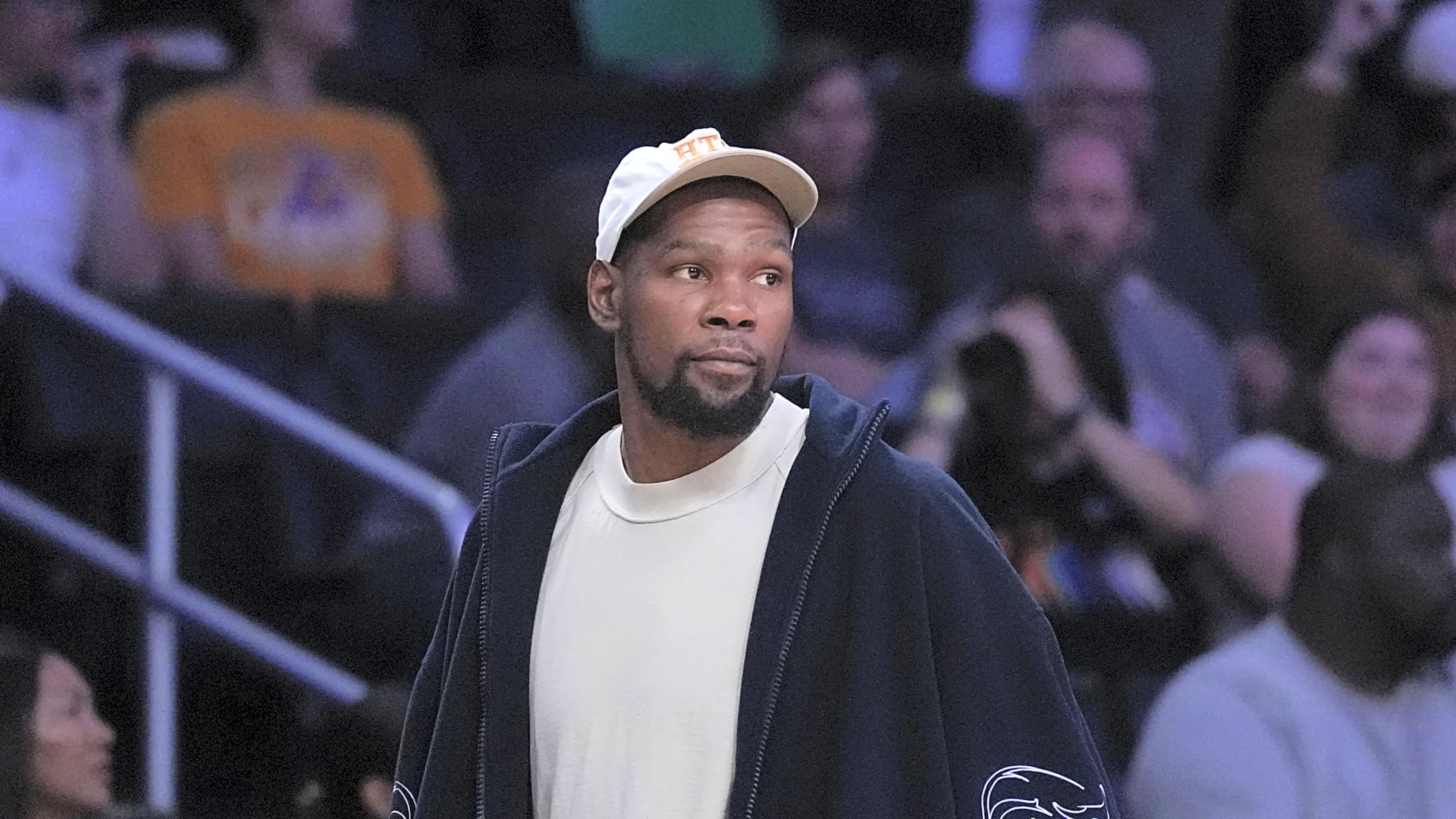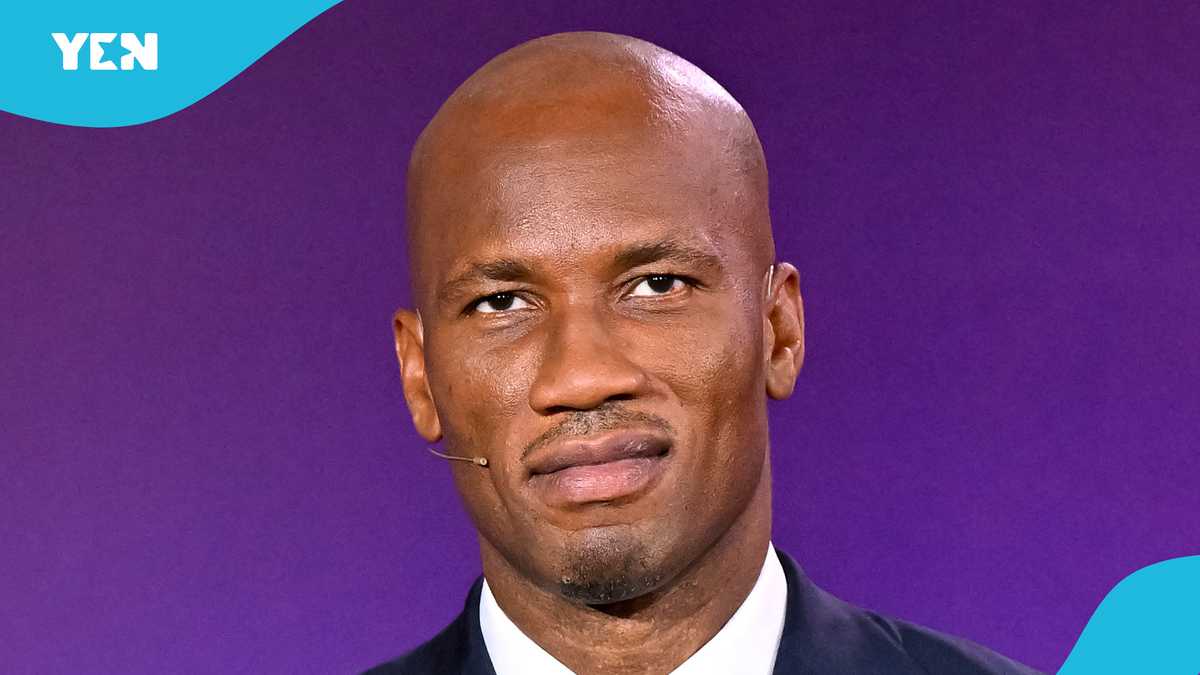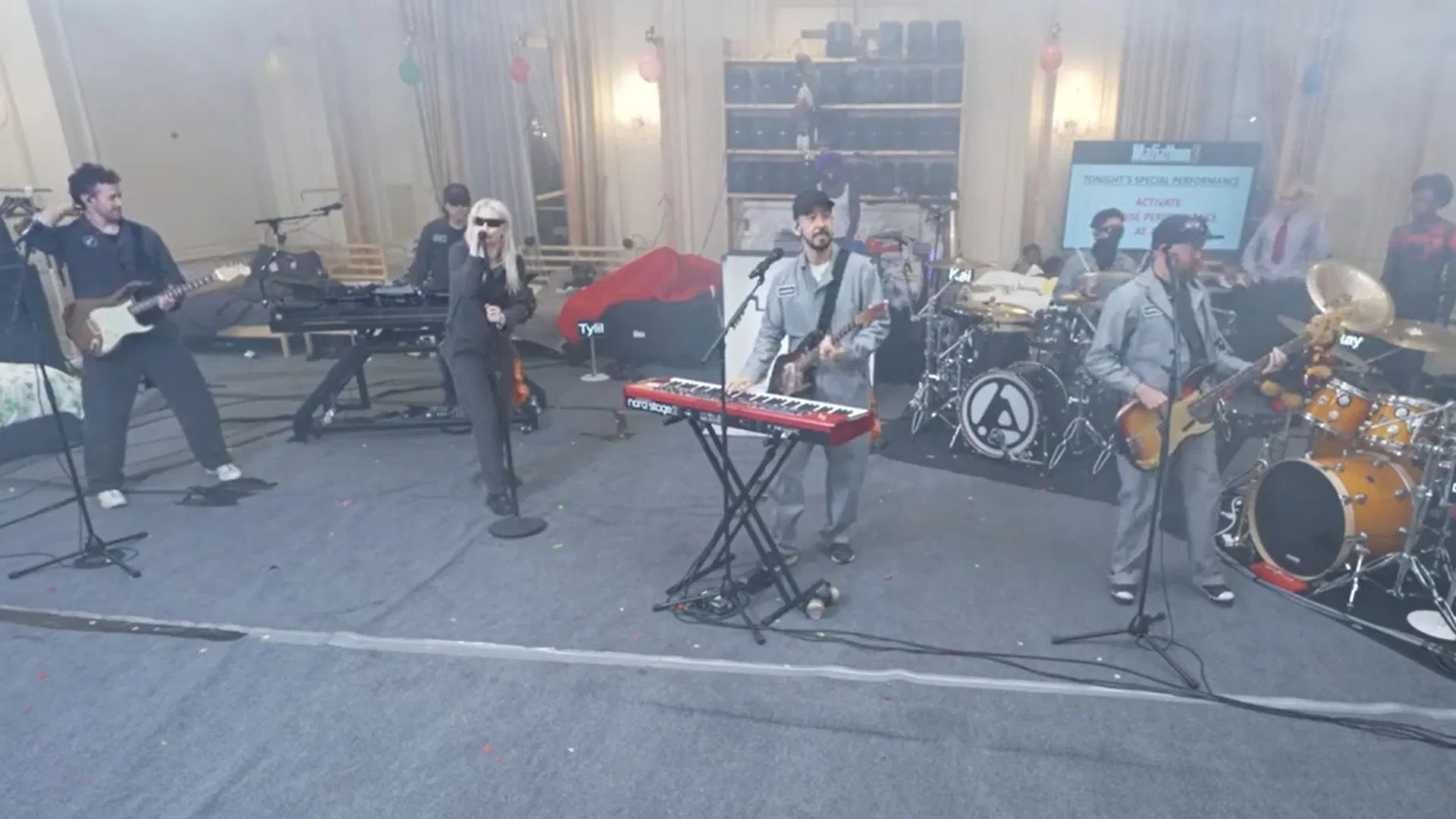Copyright thenassauguardian

Dear Editor, The political theater unfolding before us is not merely disappointing. It is a national crisis in slow motion. Our country is adrift, captained by an administration that has proven itself intellectually and morally bankrupt, and pursued by an opposition that appears just as lost at sea. The bitter truth we must all confront is that the present government is irreparably broken, and the system designed to hold it accountable is failing to produce a credible alternative. The prime minister, once buoyed by a mandate for change, has devolved into the very picture of a lame duck leader. His assertiveness now seems not a sign of strength, but the frantic posturing of a man who knows his project has failed. Grand commitments made to the electorate lie in ruins, not solely due to his own shortcomings, but because of the shockingly weak cadre of parliamentarians who form his majority. This collection of individuals, seemingly selected for party loyalty over competence, demonstrates no overarching vision for governance. Their focus is myopic, focusing on political survival and local showboating. They rush to announce repaved roads, a basic government duty, while the national economy stagnates, believing their individual performances will be judged separately. They are tragically mistaken. History will not remember them as the member for this or that constituency, but as the failed Parliament that presided over our national decline. They are a collective, and they will be judged as a whole. Compounding this disaster is the profound inadequacy of the official opposition. The opposition leader finds himself trapped in the same corrosive system he claims to want to change. To mount a credible challenge, he is forced to rely on the same hopeless cadre of candidates, products of a party machinery that values conformity over innovation. His leadership is constrained by the perpetual fear that any bold move, any compromise, or any purge of dead weight will be perceived as weakness and used against him by internal rivals. The result is a party that mirrors the government in its lack of imagination, offering little more than a promise of “we can do it better” without any substantive “how”. The evident failure of both those who lead and those who hope to replace them eviscerates any lingering optimism for improvement. This is further poisoned by outside influences, the perceived sabotage from former party leaders and ambitious would-be career politicians all jockeying for a piece of a crumbling pie, rather than working to build a new one. In this vacuum of legitimacy, the siren song of a third party emerges. Yet, upon inspection, their list of candidates reads like a deck of cards. There are a few aces and kings, one or two credible individuals with genuine expertise. The rest are ordinary cards, filling slots with no distinguishing marks. And then, there are the jokers, one being the leader himself, and the other an outspoken candidate whose sole talent is stirring the emotions of the populace with populist slogans and empty promises of “winning,” while bringing precisely nothing of substance to the table of governance. This is not an alternative, it is a distraction. The inescapable conclusion is that the present administration has forfeited its moral authority to govern. It cannot continue. It is a ship taking on water, with the crew arguing over who gets to hold the map. But for the opposition leader to earn the right to lead, he must do more than simply not be the current prime minister. He must demonstrate he is the leader who can mobilize a generation. This requires a fundamental break from the politics of the past. He must present a vision so cohesive, so detailed, and so compelling that it moves people to not just vote for him, but to believe in a new future. This is not about piecing together a manifesto of disjointed ideas to be use in the campaign. It is about presenting a comprehensive blueprint for national transformation. The public is weary of promises. We demand a prospectus. This leader must present, in clear and unambiguous terms the “what” and the “how”, not just “we will diversify the economy,” but a detailed plan identifying specific sectors, the legislative changes required, and the incentive structures to attract investment. Additionally needed is a clear outline of how his government would be organized. Which ministries would be consolidated? Which new, agile departments would be created to handle 21st-Century challenges like digital innovation and climate resilience? He must pledge to appoint competence over cronyism. Important are the financial details presenting a transparent, credible explanation of how these ideas will be financed. This means moving beyond vague notions of “efficiency” to outline a real budgetary framework, identifying priorities for reallocation and presenting a sober, honest assessment of our fiscal reality. There must be achievable timelines. The public needs to see a roadmap with clear, measurable milestones for the first 100 days, the first year, and the full term. We need to know what success looks like and when we can expect to see it. This is the only path forward. The old political ideology is a corpse. We must stop trying to resuscitate it. The leader who can finally articulate a 22nd-Century vision, backed by a 21st-Century plan and the moral courage to see it through, will not just win an election. He will earn a mandate to transform the nation. The question is, does such a leader exist among us, or are we condemned to watch our future be gambled away by the same old players in the same old game? A citizen demanding a future, — Rabbi Common Zense



